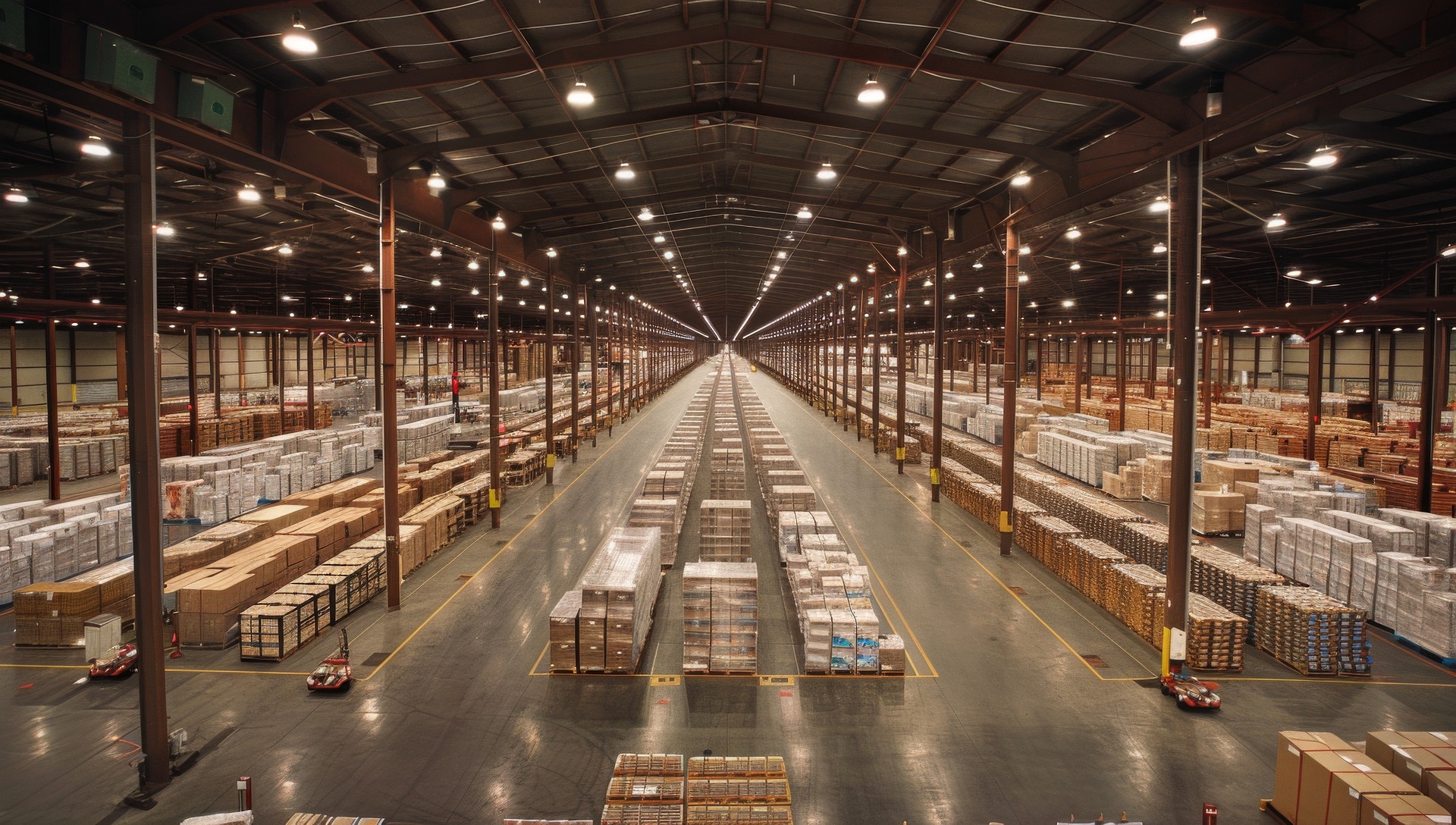Warehouse Jobs Abroad – Accessible Roles in Storage Facilities
The global logistics sector offers numerous opportunities for those seeking employment abroad in warehouse facilities. These positions represent a gateway to international work experience with relatively low barriers to entry. Warehouse jobs abroad typically involve inventory management, goods handling, order fulfillment, and maintaining storage areas. For individuals looking to work internationally while developing practical skills, warehouse positions provide a solid foundation with transferable abilities and potential career growth.
Warehouse Job Opportunities Abroad
Warehouse employment opportunities exist across numerous countries with strong logistics and distribution networks. Major logistics hubs like Germany, the Netherlands, Canada, Australia, and the United Arab Emirates frequently seek international workers to fill positions in their storage facilities. These roles typically include positions such as order pickers, forklift operators, inventory clerks, shipping coordinators, and packaging specialists.
The qualifications required vary by position and country, but many entry-level warehouse jobs require minimal formal education. Instead, employers focus on physical capabilities, reliability, and willingness to learn. For specialized roles involving equipment operation, certifications may be necessary, though many companies offer on-the-job training. Language requirements differ by location, with English-speaking countries obviously requiring English proficiency, while other nations may require basic knowledge of the local language alongside English.
Learning About Organizing and Preparing Goods in Storage
Working in warehouse facilities involves understanding fundamental processes of goods organization and preparation. Most warehouses follow systematic approaches to inventory management, including receiving, sorting, storing, picking, packing, and shipping goods. Modern warehouse operations typically utilize inventory management systems that track products using barcodes, QR codes, or RFID technology.
New employees receive training in proper handling techniques for various product types, from delicate electronics to heavy machinery parts. Safety protocols are emphasized throughout the training process, covering proper lifting techniques, equipment operation, emergency procedures, and hazardous materials handling when applicable. Additionally, workers learn about quality control measures to ensure that products meet specifications before shipping to customers.
As logistics technology continues to evolve, many warehouses now incorporate automation systems that warehouse workers must learn to operate. This includes conveyor systems, automated storage and retrieval systems (AS/RS), robotic picking assistants, and warehouse management software (WMS) that coordinates operations throughout the facility.
Explore Entry-Level Work in Warehouses
Entry-level warehouse positions offer accessible starting points for international workers. Order picker roles involve selecting items from storage locations according to customer orders, requiring attention to detail and organizational skills. Packers prepare items for shipment by properly packaging goods to prevent damage during transit, while loaders/unloaders handle the physical transfer of goods between trucks and the warehouse.
For those with some experience or certification, materials handler positions using equipment like forklifts, pallet jacks, or reach trucks offer slightly higher wages. Inventory clerks maintain accurate stock records, conduct cycle counts, and reconcile any discrepancies in the system.
The physical demands of warehouse work should not be underestimated. Most positions require standing for extended periods, walking throughout large facilities, lifting items of varying weights, and sometimes working in temperature-controlled environments. Shift work is common, with many warehouses operating 24/7, particularly in e-commerce and distribution centers serving multiple time zones.
Salary Expectations and Working Conditions
Warehouse compensation varies significantly depending on location, position, and experience level. Entry-level roles typically start near the local minimum wage but generally offer regular opportunities for overtime pay. Specialized positions requiring equipment operation or supervisory responsibilities command higher salaries.
| Country | Entry-Level Position | Average Monthly Salary (USD) | Experienced Worker Salary (USD) |
|---|---|---|---|
| Germany | Order Picker | $2,000-$2,400 | $2,800-$3,500 |
| Netherlands | Forklift Operator | $2,100-$2,600 | $3,000-$3,800 |
| Canada | Warehouse Associate | $2,200-$2,700 | $3,200-$4,000 |
| Australia | Inventory Clerk | $2,600-$3,100 | $3,500-$4,500 |
| UAE | Logistics Coordinator | $1,500-$2,000 | $2,500-$3,500 |
Prices, rates, or cost estimates mentioned in this article are based on the latest available information but may change over time. Independent research is advised before making financial decisions.
Working conditions vary by facility, but modern warehouses typically prioritize safety and efficiency. Leading companies invest in ergonomic equipment, climate control, and safety training to reduce workplace injuries. Work schedules frequently include shifts covering evenings, weekends, and holidays, with seasonal peaks resulting in mandatory overtime, particularly during holiday seasons.
Securing International Warehouse Employment
Finding warehouse employment abroad requires understanding visa regulations and work permit requirements for your target country. Many nations have specific visa programs for temporary or seasonal workers that apply to warehouse positions. In some cases, working holiday visas allow young adults from certain countries to work while traveling.
Larger international logistics companies often recruit directly through their websites or recruitment agencies specializing in logistics personnel. Online job boards dedicated to international employment list warehouse positions, while logistics-specific recruitment agencies maintain relationships with employers seeking workers.
When applying, highlight any previous warehouse experience, equipment certifications, and physical capabilities. Even retail experience demonstrating inventory handling or customer order fulfillment can be relevant. For international positions, emphasizing reliability, adaptability to new environments, and language skills can strengthen your application.
Career Advancement in Warehouse Operations
Warehouse work provides pathways for career growth beyond entry-level positions. With experience and demonstrated reliability, workers can advance to team leader roles supervising small groups of warehouse associates. Further advancement leads to shift supervisor positions overseeing entire operational periods.
Specialized skills development in areas like inventory management, quality control, or logistics coordination opens additional advancement opportunities. Many companies offer internal training programs for promising employees, while others provide tuition assistance for related education.
For those interested in long-term careers, warehouse experience serves as a foundation for roles in supply chain management, procurement, distribution center management, or logistics planning. The practical knowledge gained from ground-level warehouse operations proves valuable throughout the logistics industry.





